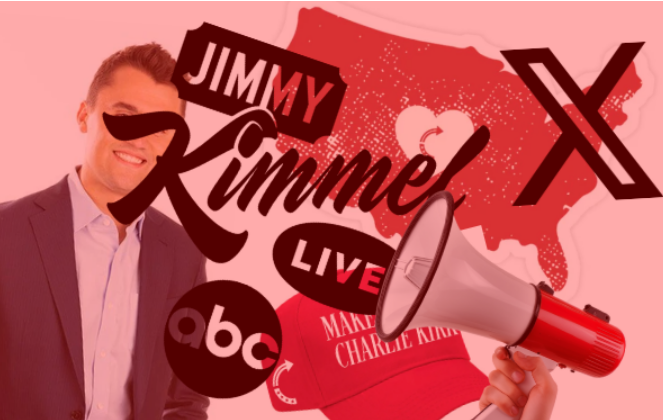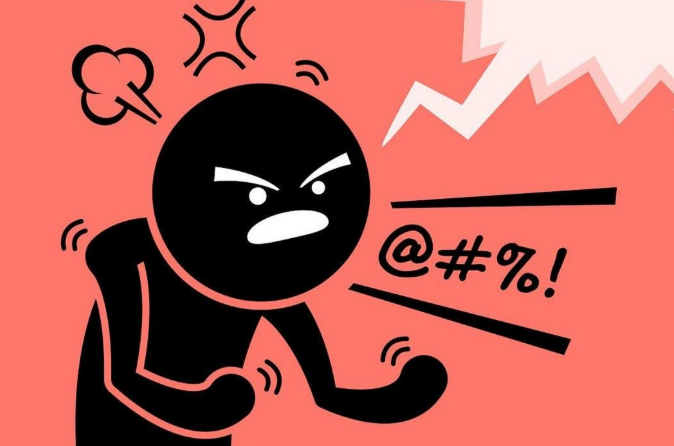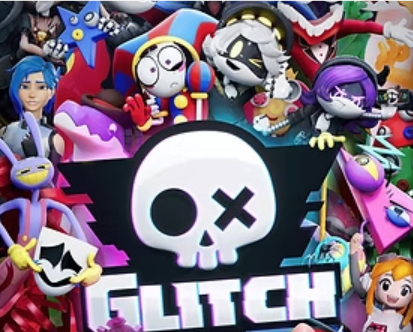The assassination of Charlie Kirk was quite the “Shot heard ’round the Nation” as it seems as if in the weeks since, the news had been inundated with new details, new questions or more and more reporting on whoever’s reaction to whoever’s reaction to whoever’s reaction to the event. In the aftermath everyone seems to have a strong opinion or intense reaction to the death of a man many of us had never heard of or thought about before. Almost every public figure has talked about it, from his wife Erika to Vladimir Putin, reigning president of Russia. Something that has been key to the “discussion” has been the idea of Free Speech. When you can say what you want to say and how you can say it has always been an issue, but Charlie Kirk’s assassination has kickstarted a few developments of note. The question is, who gets to decide what you’re free to speak?
On September 10th, Charlie Kirk was speaking at a college in Utah, engaging in debate and discussion with college students on topics like transgender issues and gun control. This is something Kirk has been engaging in as the co-founder of Turning Point USA since 2012. Prior to Kirk’s arrival, members of the student body had spoken against him coming to speak. A Change.org petition was made by a member of the student body and many signed it. (Now, the petition seems to have been removed from the database.) The university carried on, releasing a statement on wishing to stay neutral and allow people of different affiliations to be able to speak. Turning point USA seemed to be aware of the dissent to Kirk’s arrival, posting “Join Charlie Kirk on campus for a lively discussion of Freedom & America! Don’t agree with Charlie? Great, you go to the front of the line. See you there!” on Facebook ahead of the visit. Unfortunately, the front of the line wasn’t where his strongest opponent lay, and he was an opponent who wasn’t willing to debate.
While investigators scrambled to identify the assassin’s identity, news reporters and political talking heads scrambled to identify the assassin’s political identity. The reports that day said that Charlie Kirk was killed for speaking what he believed, be it about his immigration takes or his involvement with the insurrection. Being the public figure that he was, Charlie Kirk’s expressed opinions had power and sway. Right from the start, this is what we assumed triggered the violent response. Which belief of which person involved caused what depended on who was telling the story. But once the story was told, the act of vigilante justice was jokingly and genuinely praised by some online, with Kirk supporters and others speaking up against that celebration. But even beyond that, many were just having conversations about him, his life and his supporters in ways that weren’t exactly positive. This outcry from both these people online and those who were ecstatic, serves as an example of the increasing amount of polarization in this country. I agree with Vladimir Putin when he said that this represents a “deep rift in society.” A rift in society, unfortunately is nothing new, and the ways people try and take advantage of that rift aren’t new either.
The day Charlie Kirk died, the US Department of State official declared that there would be punishment for foreigners in the United States who were “praising, rationalizing, or making light of Kirk’s death”. JD Vance called for employees to be investigated for their takes on Kirk and to be treated… accordingly. On a similar note, around twenty teachers in California faced potential punishment for posting their thoughts on the situation. “You reap what you sow Mr. Kirk.” said one post. The teacher, like so many others, was put on administrative leave. Teachers can face the most scrutiny in a community as their expected role is to teach the children so any sign that a teacher may be moving your child to an idea you don’t like sets people off. An important distinction here however is that the comments were made outside of school hours. It is not within an educator’s job description to perfectly agree with every parent’s political views at all times. Under the first amendment, they are entitled to speak freely without threat to their careers. Are there situations in which something is just too inflammatory for an administrator to ignore? Perhaps. That’s a discussion, however that isn’t really being had here.
Suzanne Swierc, a director of health advocacy at Ball State University made this remark in a private social media channel, “Charlie Kirk’s death is a reflection of the violence, fear and hatred he sowed. It does not excuse his death,” soon after the comment was publicized she was fired. A situation in which the government (federal, state or local) is allowing or pushing for someone to have their livelihood ripped away because of their expressed political opinions is a violation of our first amendment rights. Teachers have historically been some of the most scrutinised in situations relating to free speech and hot moments politically, but as shown in the past months, entertainers can come under fire too.
ABC suspended broadcasting of Jimmy Kimmel Live! after his September 15th episode made reference to the killing in ways Trump Appointed FCC-Chairman Brendan Carr seemingly didn’t approve of. While no governmental moves were technically made, as with many similar recent situations the threat was still there. Carr said, “These companies can find ways to change conduct to take action on Kimmel or, you know, there’s going to be additional work for the FCC ahead,” while speaking with a right-wing podcaster. Companies and corporations like ABC don’t like taking risks with these kinds of things, and so Kimmel was off the air until the 23 of September. Unlike many public school teachers and college professors he was allowed to come back. When he came back, it was to thunderous support, and ironically far more attention and higher viewership than he had before. In his show’s rise from the dead, more suddenly more people cared. Not everyone approved of course, “I don’t want Jimmy Kimmel to be a martyr. He doesn’t deserve it. He’s a liar, he’s an unrepentant liar, but he should not be considered a martyr by anybody,” Andrew Kolvet, a good friend of Charlie Kirk, told Fox News Digital. The remarks by the Turning Point USA Spokesman didn’t do much to stop the support.
Turning Point USA’s response has been to condone anyone they see as speaking ill of the dead, and to call this moment in particular Turning Point’s turning point (a phrase that could be read as either valiantly hopeful or incredibly ominous). According to their website, monetary donations have been pouring in and one can presume that the brand new martyr hoodies and memorial tees may be flying off the shelves.
Many people were shocked by Charlie Kirk’s assassination. Many people were hurt or scared. A very vocal set of people were calling for revenge. Some bigger names in conservatism asked for more violence to be repaid. Revenge has been taken. Not with threats of violence but through threats of silence. By trying to mute and push out anyone quoting Kirk unfavorably or doing anything other than solemnly mourning him, people have been vying to crush those who don’t agree with them in a way I find questionable.
To quote the “about us” page at TPUSAmerch.com, “The US Constitution is the most exceptional political document ever written.” I’d argue that the bill of rights is equally as exceptional. Freedom of Speech is in the first amendment for a reason. For a democracy to be anything close to fair, the population needs to be able to be informed, to have discussion, and to be able to come to their own conclusions. And for a republic to be free, all have to be able to express what’s on their mind.
What’s on my mind is that the murder was reprehensible. We’re already falling down a staircase of an increasing number of political assassinations and all killing a man can really achieve is making whatever stance you side with look worse. It isn’t something to be celebrated, but rather something to be examined and to examine our society though. To quote the famous French satirist and enlightenment writer Voltaire, “I disapprove of what you say, but I will defend to the death your right to say it”. The point overall is that whatever your opinion may be, it is within your rights to have it.
In the current day, tension is rising. Open communication is key to helping things. We must have freedom to decide when to speak and decide when we listen.










